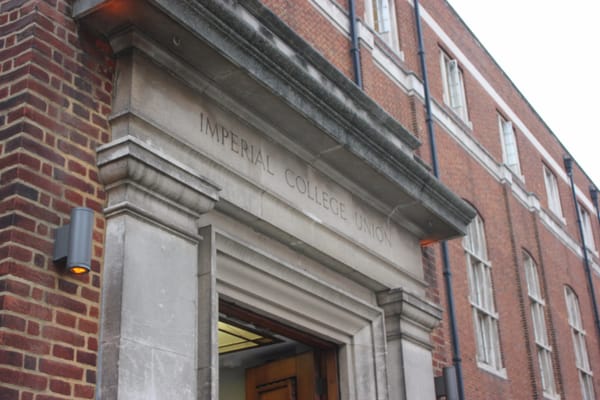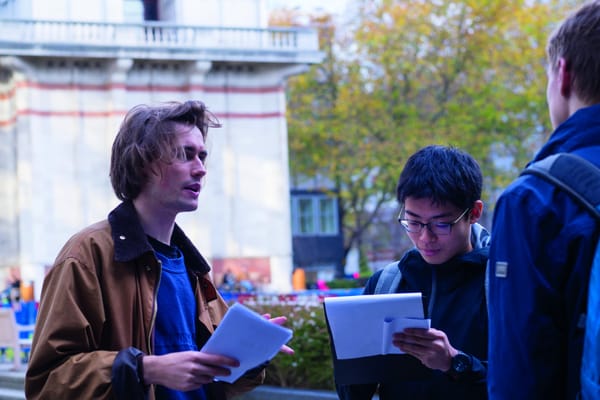UK universities passing on alumni data to wealth screening companies
An investigation has found more than 90 UK universities have passed on alumni data to screening companies in the past, including Imperial.

Universities have been passing alumni data to wealth screening firms. The information allows companies to target people for donations.
The investigation, organised by the Daily Mail, found at least 90 universities had passed on former students’ records to external companies, including all 24 Russell Group universities. The Information Commissioner’s Office (ICO) has launched an investigation in response to these findings.
Imperial has shared over 330,000 alumni records over a number of years, to establish information about alumni wealth, as well as information about their friends. In terms of volume of records passed on, Imperial came fifth out of the universities investigated, above Oxbridge and UCL.
“At least 90 universities had passed on data, including all of the Russell Group institutions”
In some cases, alumni of the universities investigated were ranked by net wealth, or by likelihood of leaving their university a gift in their will. In 2015-16 Imperial received £33 million in donations and endowments, more than three times what they made on investments in the same fiscal year.
Last year universities in the UK brought in £1 billion in donations, with the vast majority going to Russell Group universities. Universities UK has said that philanthropy has become “an increasingly significant component of the funding mix” for higher education institutions.
While passing on the data is not illegal, organisations need to inform those concerned that their data will be shared. This year eleven charities were finedfor failing to do so. In a number of cases, alumni were not asked for explicit permission to share their data – at the University of Cambridge, for example, the fact that data could be passed on to external companies is mentioned in their online data protection statements.
In a statement, a College spokesperson told Felix: “Imperial’s community of alumni, friends, and supporters is very important to us. We take the privacy and security of their data extremely seriously, and keep them informed about how we might use their data.” They added they had stopped using screening firms in 2015, and no longer use such services. They said: “any data provided was done so on a strictly confidential basis, and details of College alumni or donors has never been sold to any third parties.”
“In 2015-16 Imperial received £33 million in donations and endowments, triple what they made on investments”
Elizabeth Dehman, Information Commissioner, said that the ICO will “look carefully at the individual evidence...to see if, and where, any rules have been broken, and what learning there is for wider practice in this area”. She added the ICO has “been working with the Fundraising Regulator and talking to universities about their responsibilities around transparency and accountability, as they prepare to comply with a new, stronger data protection law”.
A spokesperson for the Russell Group said “philanthropy is helping widen access to higher education and improve the learning experience universities are able to provide”, but said that they take their alumni’s privacy “very seriously”. All Russell Group universities in England and Wales are registered with the Fundraising Regulator, an independent voluntary regulator of the charity sector.
Daniel Fluskey, Head of Policy at the Institute of Fundraising, a professional membership body for UK fundraising, said that such screening “(helps) organisations to raise money in a more efficient way”, and that it is “a needed and increasingly important part of fundraising”.









